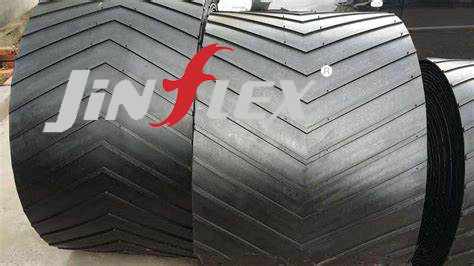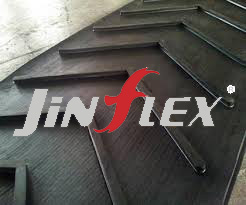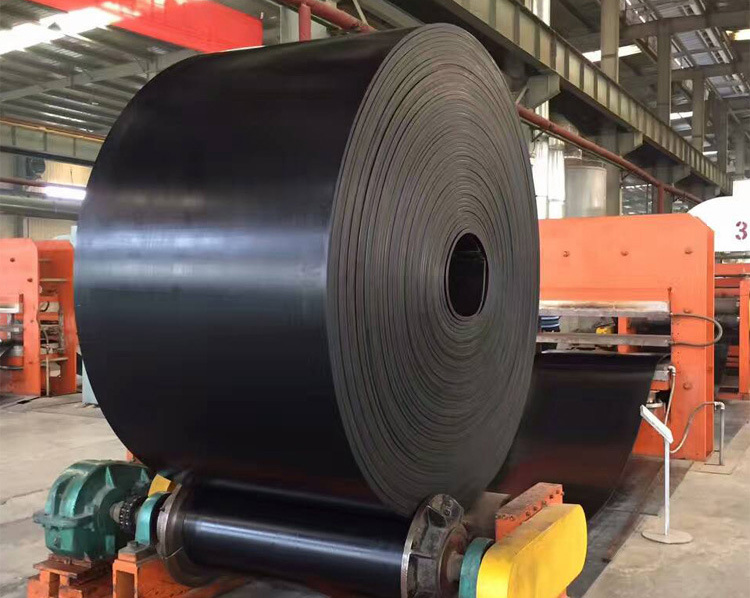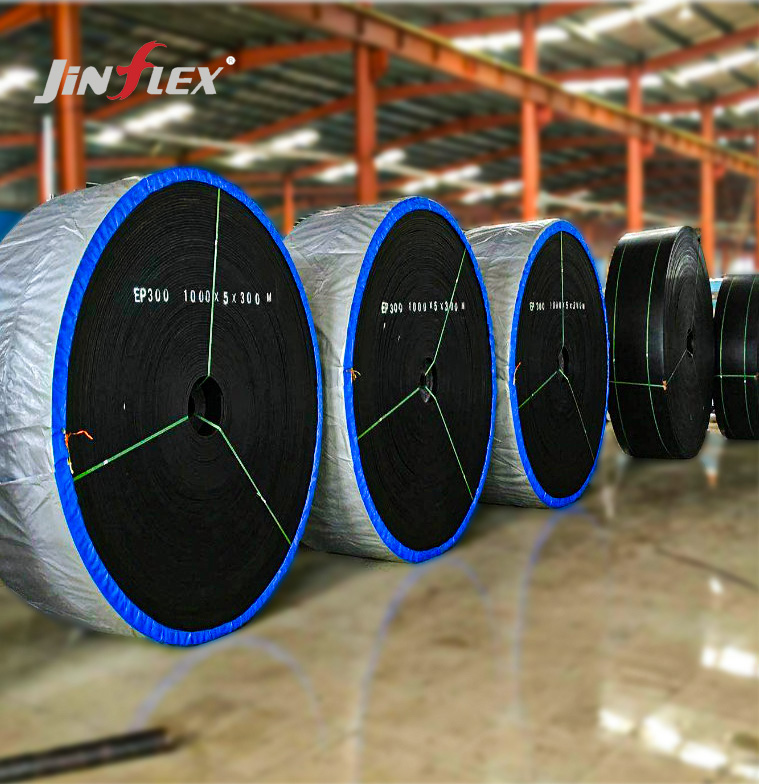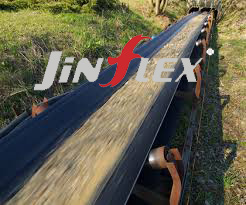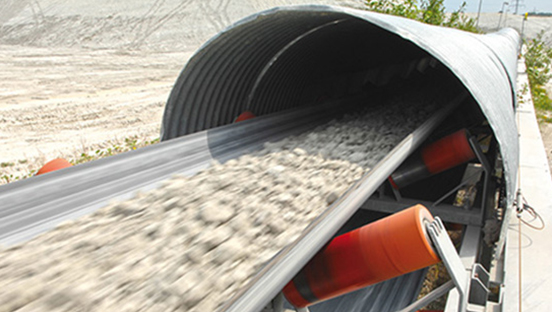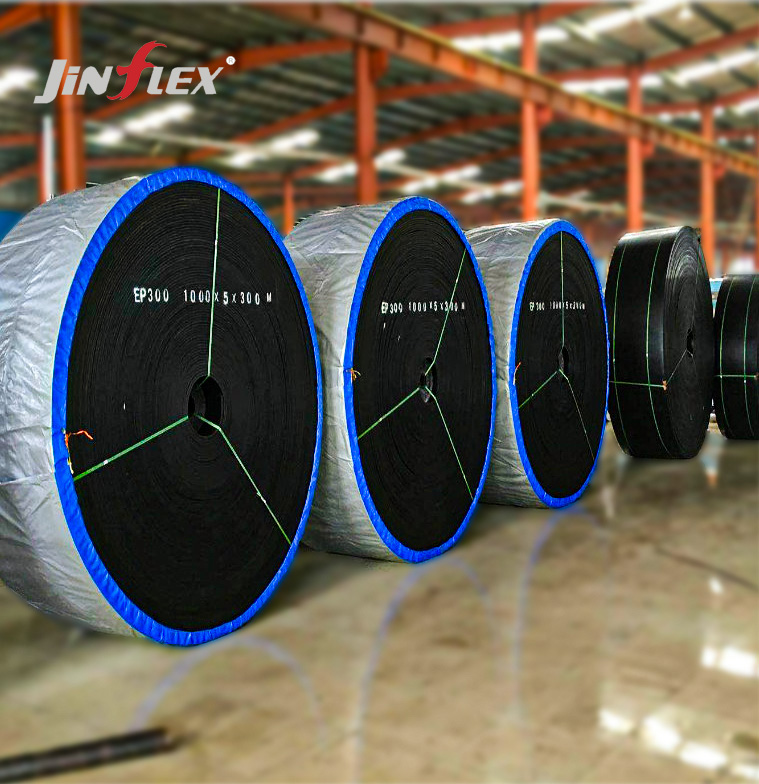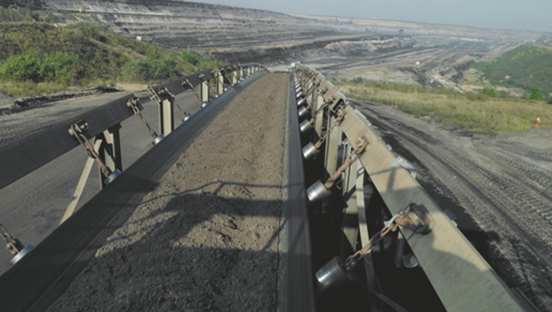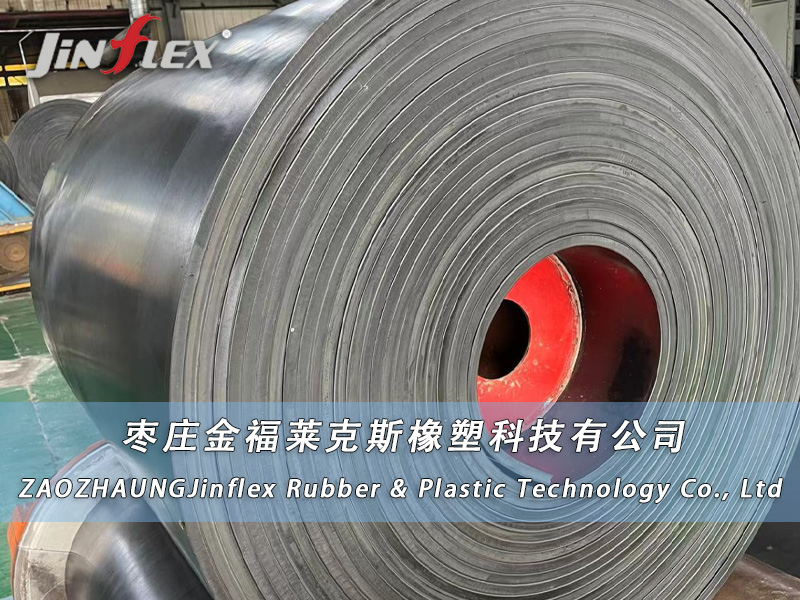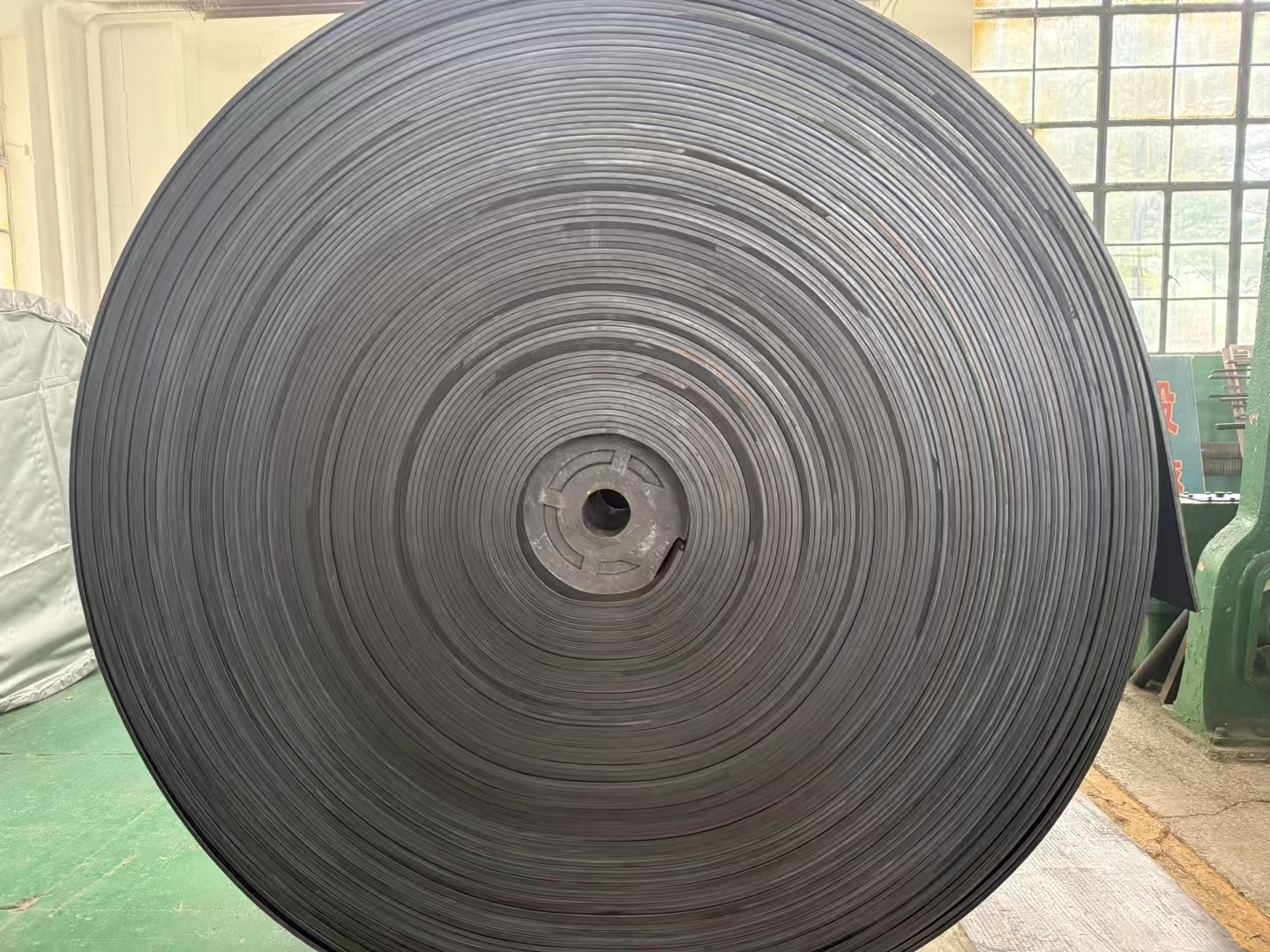Analysis of the difference between L-type and H-type pattern conveyor belts
In modern industrial production, patterned conveyor belts have become the first choice of many enterprises due to their excellent anti-skid and wear resistance. However, there are many types of pattern conveyor belts, among which L type and H type are two common specifications. So, what are the differences between these two types of pattern conveyor belts?
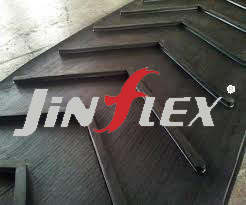
First of all, from the appearance point of view, the main difference between L-shaped and H-shaped pattern conveyor belts is their pattern shape. The surface pattern of the L-shaped pattern conveyor belt presents a continuous L-shaped pattern. This design can effectively increase the friction between the conveyor belt and the material and prevent the material from slipping or accumulating during transportation. The H-shaped pattern conveyor belt is famous for its unique H-shaped pattern design. This design can also provide good anti-skid performance, and its structure is more stable and suitable for conveying heavy materials.
In addition to the pattern shape, L-shaped and H-shaped pattern conveyor belts also have different application scenarios. L-shaped pattern conveyor belts are particularly suitable for slippery materials or inclined conveying scenarios due to their superior anti-skid properties. The H-shaped pattern conveyor belt is more suitable for transporting heavy materials, such as ore, coal, etc. Its stable structural design and strong carrying capacity ensure the stability and safety of materials during transportation.
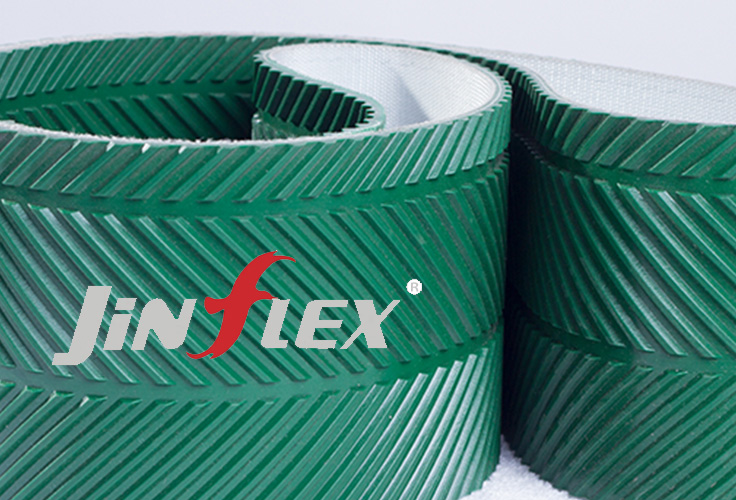
In addition, the maintenance and upkeep of the two types of pattern conveyor belts are also different. Since the pattern shape of the L-shaped pattern conveyor belt is relatively simple, its maintenance and upkeep is relatively easy. The H-shaped pattern conveyor belt requires more delicate maintenance and upkeep due to its complex structure.
To sum up, L-shaped and H-shaped pattern conveyor belts each have their own characteristics and application scenarios. When selecting, comprehensive considerations need to be made based on actual needs and material characteristics to ensure efficient and stable operation of the production line.

